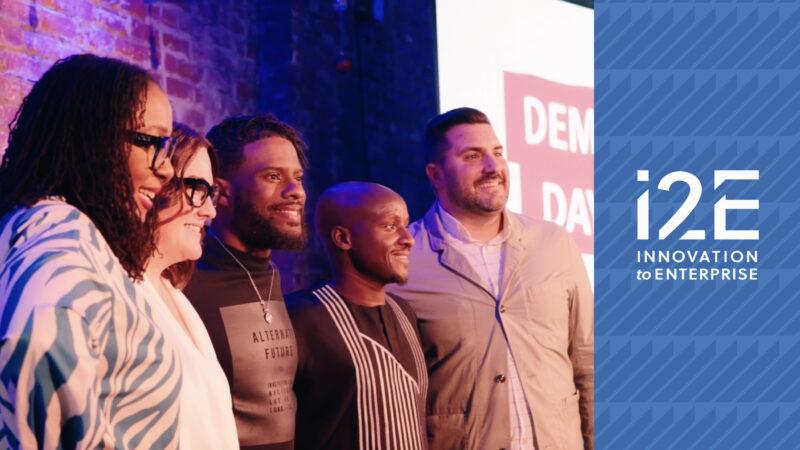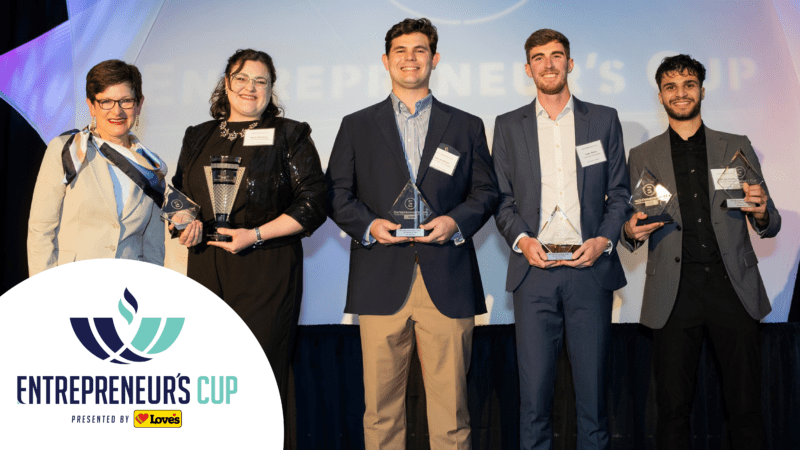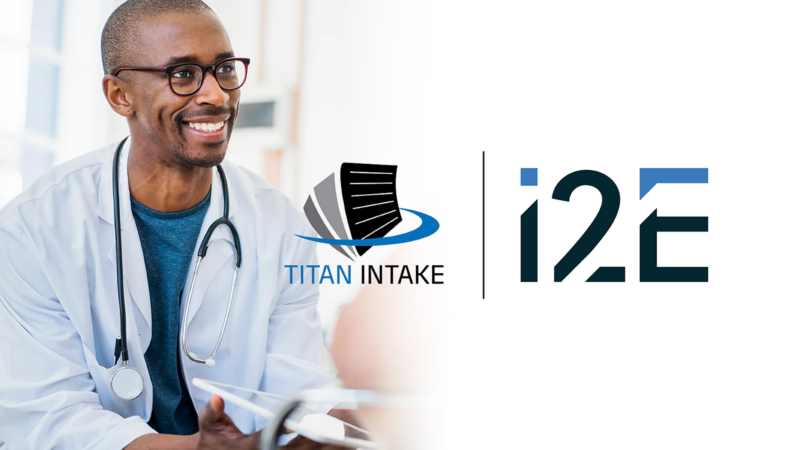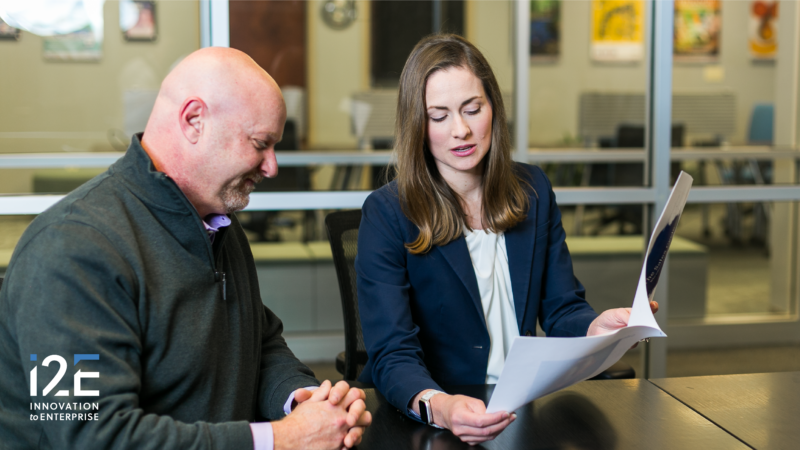By Scott Meacham
Copyright © 2017, The Oklahoma Publishing Co.
The high point in the relationship between entrepreneur and investor is when the investor is about to invest for the first time. Investors never like the entrepreneur more than at that stage.
It’s the honeymoon, the brightest moment. It’s when all the promise and possibilities of a new deal are fresh and sitting right there on the table. Typically, the investor will have just completed rigorous due diligence that validated the market, the technology, and the product solution. Reports from early adopters have been good. A new board of directors will be in the works.
Throughout all this activity — which goes on for months — investors will be getting to know and sizing up the entrepreneur. Is the person trustworthy? Steady? Does she know the market? Does he know what he doesn’t know? Is the person coachable?
It can’t be said often enough. Investors invest in entrepreneurs. We will almost (maybe always) choose a superstar founder with a less spectacular deal than the other way around.
And investors don’t just rely on their guts. We verify references. We commission background checks. We dig down. So, by the time we come to the table to negotiate the terms of an investment, we know the entrepreneur very well. We are in their corner. We are their advocate. We are prepared to write checks, open our contact lists, advise and mentor — and eventually make future investments if that’s what it takes.
The first drafts of the documents have been exchanged. We are theirs to lose.
And that’s what amazes me. Sometimes, when all this connection and momentum is in place, the deal falls apart. Right at the table when we practically have the checkbook in our hand.
It can start with testiness over terms, but the more common cause of dealings unraveling, not surprisingly, is the valuation of the entrepreneur’s fledgling business. The founder brings a great idea and the ability to execute. The investor brings the money — and a very good feeling toward the entrepreneur. The valuation discussion becomes the turning point of that relationship.
That doesn’t mean that negotiations shouldn’t be tough or that founders shouldn’t be passionate. That’s part of it, and investors expect founders to push. But when entrepreneurs become unreasonable and unrealistic, the relationship will sour and likely the deal will fold.
Entrepreneurs — especially first-time entrepreneurs — are well served to be realistic about the financial risk to early stage investors. Savvy entrepreneurs recognize that without money their dream has no chance of getting off the launchpad and that the right investor brings more than money to the deal. Term sheet negotiations set the course of the ongoing relationship and future rounds.
Entrepreneurs that understand this reality are the leaders that raise the equity capital they need to build growing companies.
Scott Meacham is president and CEO of i2E Inc., a nonprofit corporation that mentors many of the state’s technology-based startup companies. i2E receives state support from the Oklahoma Center for the Advancement of Science and Technology and is an integral part of Oklahoma’s Innovation Model. Contact Meacham at [email protected].
Read the article at newsok.com








